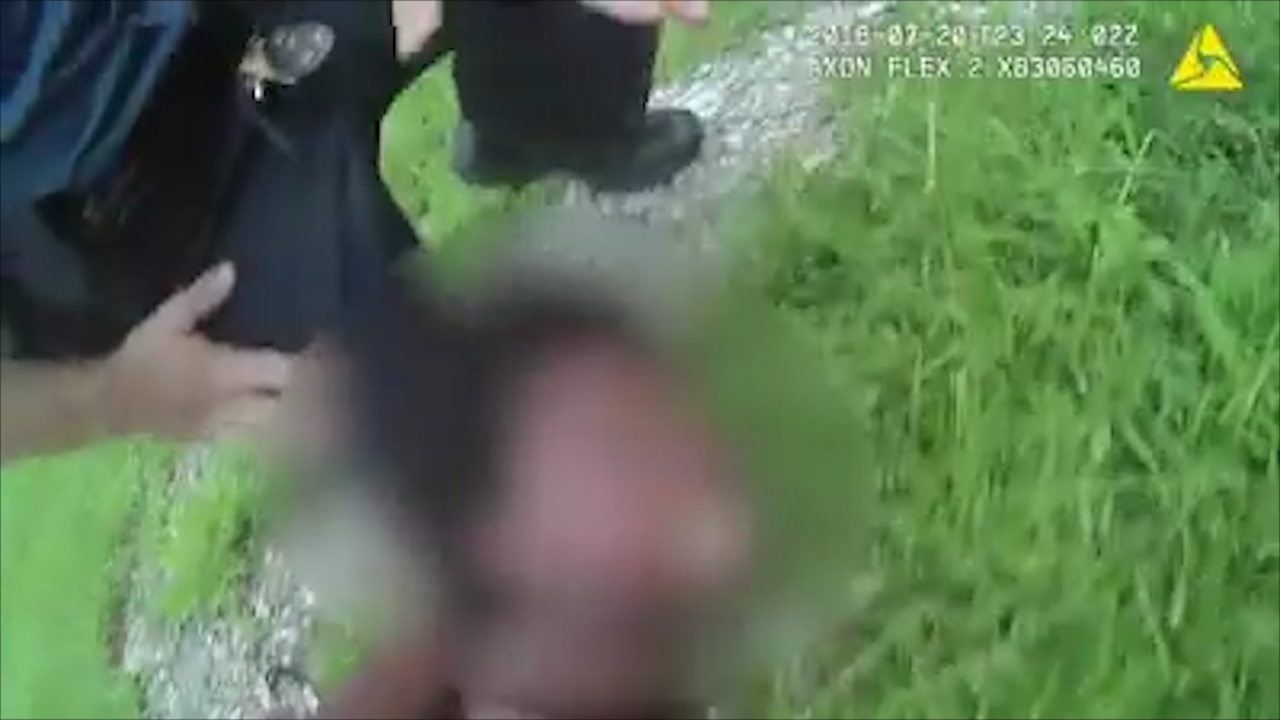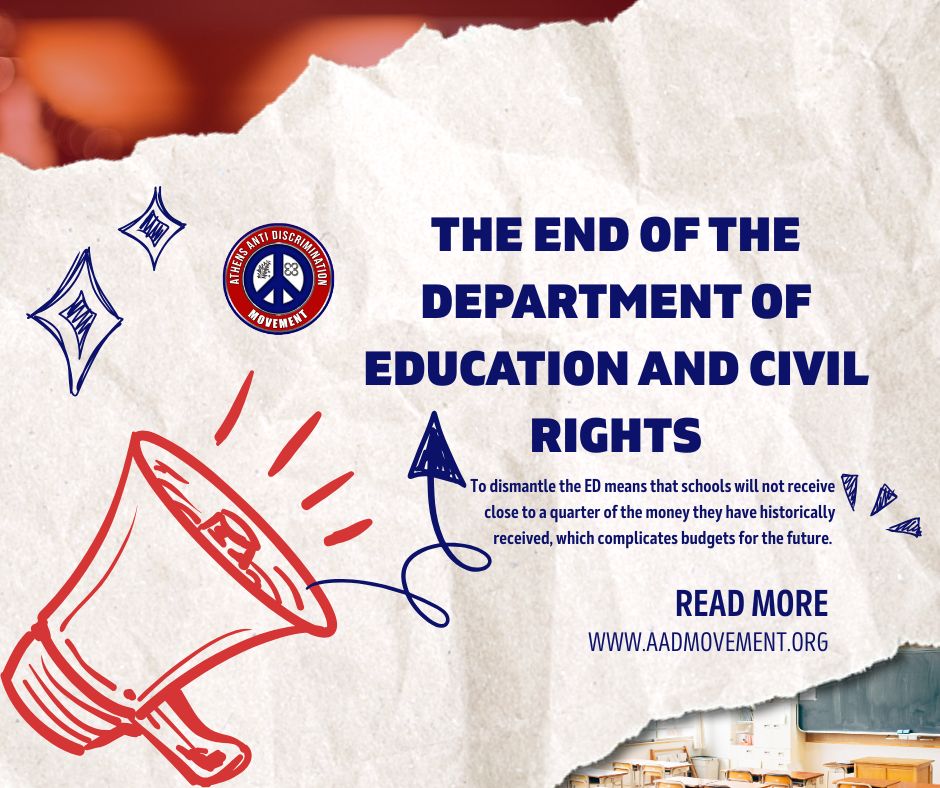#Mokahspeaks-
Historically there have been critical incidents that have occurred between law enforcement and members of the black community here and elsewhere, making this a difficult issue to address. With that being said, even though I do not agree with the child interfering with the officer during his father’s arrest, I can’t blame the boy for responding that way because the pain and anxiety he felt was deep-rooted. The youngster did not understand why his father was being detained. It seemed abrupt, causing him to become upset and defensive. Watching a loved one’s arrest is distressing, and under those circumstances, anyone can act out of character. And while we debate who’s at fault for letting things get out of control, we must remember this young man has to live with the repercussions.
I’ve been studying a manuscript called “First Do No Harm Report: Practices for Arresting Parents in the Presence of Children.” The author, attorney Lisa H. Thurau, recommends that if the parent is calm and compliant, the police should avoid handcuffing or arresting parents when their child is present. The officer should also offer children an age-appropriate explanation of what is happening or if possible allow the parent to explain. These strategies can help to reduce anxiety or trauma. The report outlines several other model practices law enforcement agencies could use to address potential problems and avoid escalating emotions. Click here to read the full 52-page report of “First Do No Harm.” The White House and the International Association of Chiefs of Police have jointly issued national standards for the treatment of children at the time of parental arrest because “one of the most traumatic events a child can experience is the arrest of a parent and the outcomes harm not only the children involved but also society as a whole.”
The officer in the recent case may not have maliciously intended to react with such force, and I am aware that ACCPD has made an effort to enhance local policing and engage with the community. Still it will be difficult for them to gain the trust of the public or improve community safety when officers respond with aggression. It was troubling to see a 10-year-old child pinned to the ground by the officer, and I can not agree with that use of force.
“The test of police efficiency is the absence of crime and disorder — not the visible evidence of police action in dealing with it.” Sir Robert Peel – 1829




